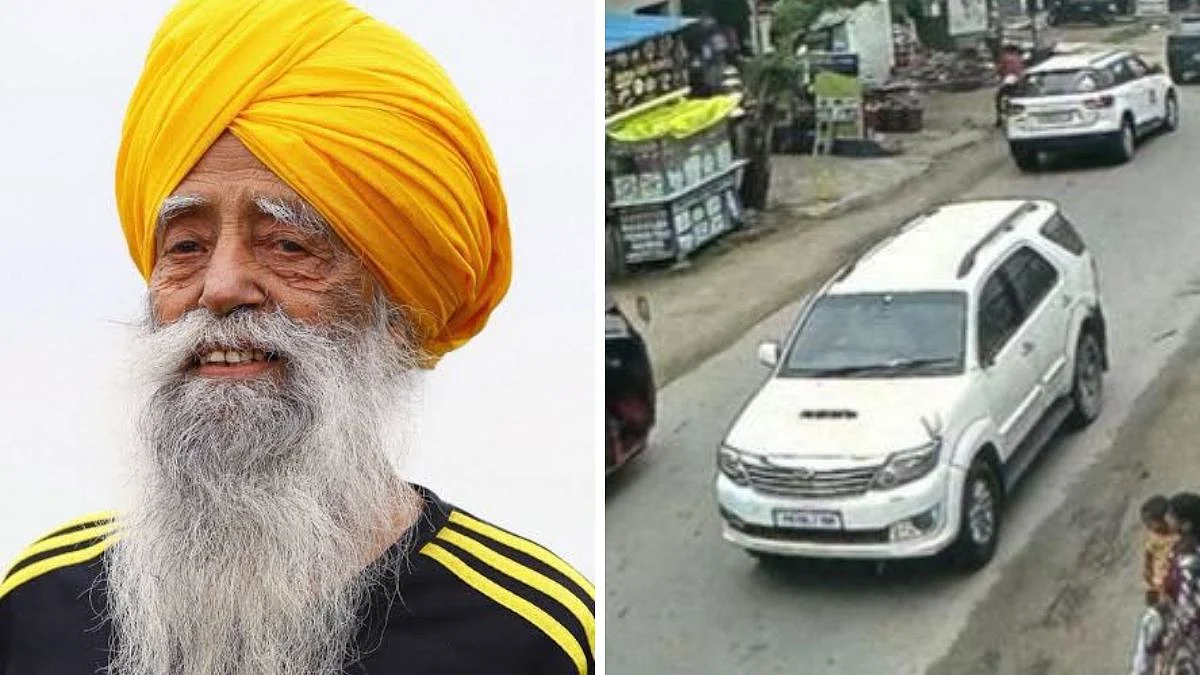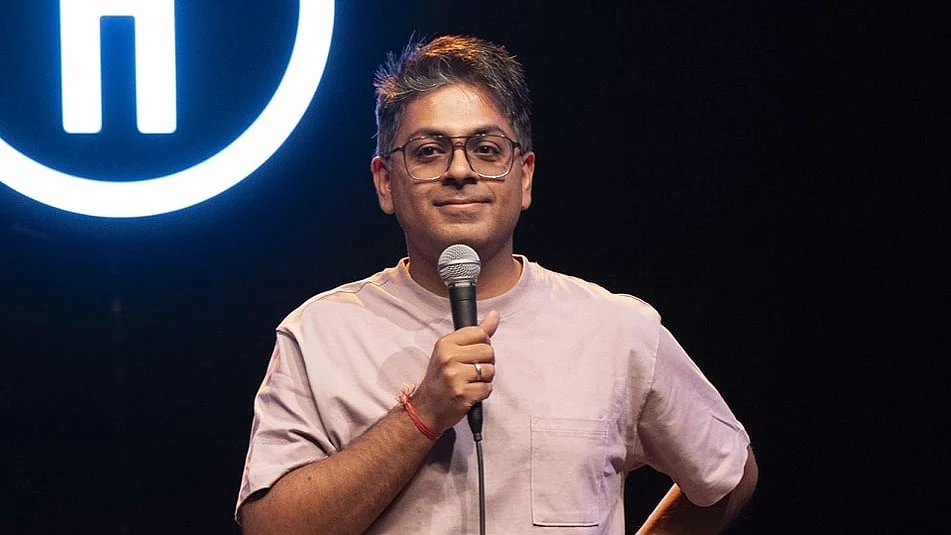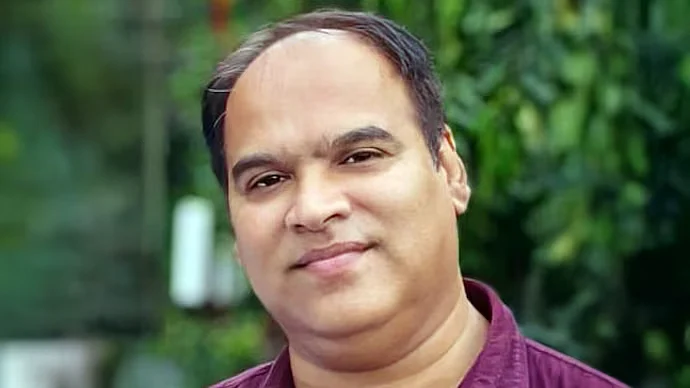Often, perceptions matter more than facts. This seems to be the case with Indore-based cartoonist Hemant Malviya. Fearing arrest over a cartoon he had drawn, Malviya approached the Madhya Pradesh High Court seeking anticipatory bail. The plea was rejected. He then approached the Supreme Court through a Special Leave Petition. There, too, he found no reprieve. A two-judge bench comprising Justices Sudhanshu Dhulia and Aravind Kumar not only denied him interim protection from arrest but also took a dim view of his work. They labelled the cartoon “inflammatory” and “immature”, rebuking the cartoonist while issuing a broader caution against the misuse of free speech on social media. The court also mentioned stand-up comedians as examples of those who, in its view, cross acceptable limits.
There is no doubt that the social media revolution has given unprecedented access to platforms for public expression. A smartphone or computer today is all it takes to reach a wide audience. Many users, lacking either the training or knowledge to comment meaningfully, often pontificate with misplaced authority. For instance, when an air crash occurred in Ahmedabad, many users pretended to be aviation experts, offering uninformed and even irresponsible opinions. But in Malviya’s case, he appears more sinned against than sinning. The cartoon in question, originally published in January 2021 at the height of the Covid-19 pandemic, questioned the safety of vaccines. With hindsight, few would fault his concern. Even today, questions linger about vaccine efficacy and the long-term side effects some allege. Malviya reposted the cartoon in May 2025, likely prompted by Facebook’s practice of resurfacing old posts. For 51 months, the cartoon had remained in the public domain without evoking a protest or causing disharmony.

The sudden eruption of controversy came not from the cartoon itself but from comments made in response—comments that mocked the Prime Minister and the RSS. Importantly, these were not authored by Malviya. Yet, neither the High Court nor the Supreme Court found this distinction relevant enough to offer relief. This judicial stance contrasts starkly with a past when Prime Minister Nehru told the legendary cartoonist Shankar never to spare him. That was a time when humour was embraced, not feared.
Humour is inherently subjective. What tickles one may offend another. And yes, the saying holds—what’s sauce for the goose is not necessarily sauce for the gander. Even as we defend freedom of speech, we must guard against its misuse to defame or attack individuals or institutions unfairly. But we must also ensure that genuine voices of satire and dissent are not silenced under the weight of perception. A democracy thrives not by censoring cartoons but by allowing space for reflection, criticism, and even uncomfortable laughter.










